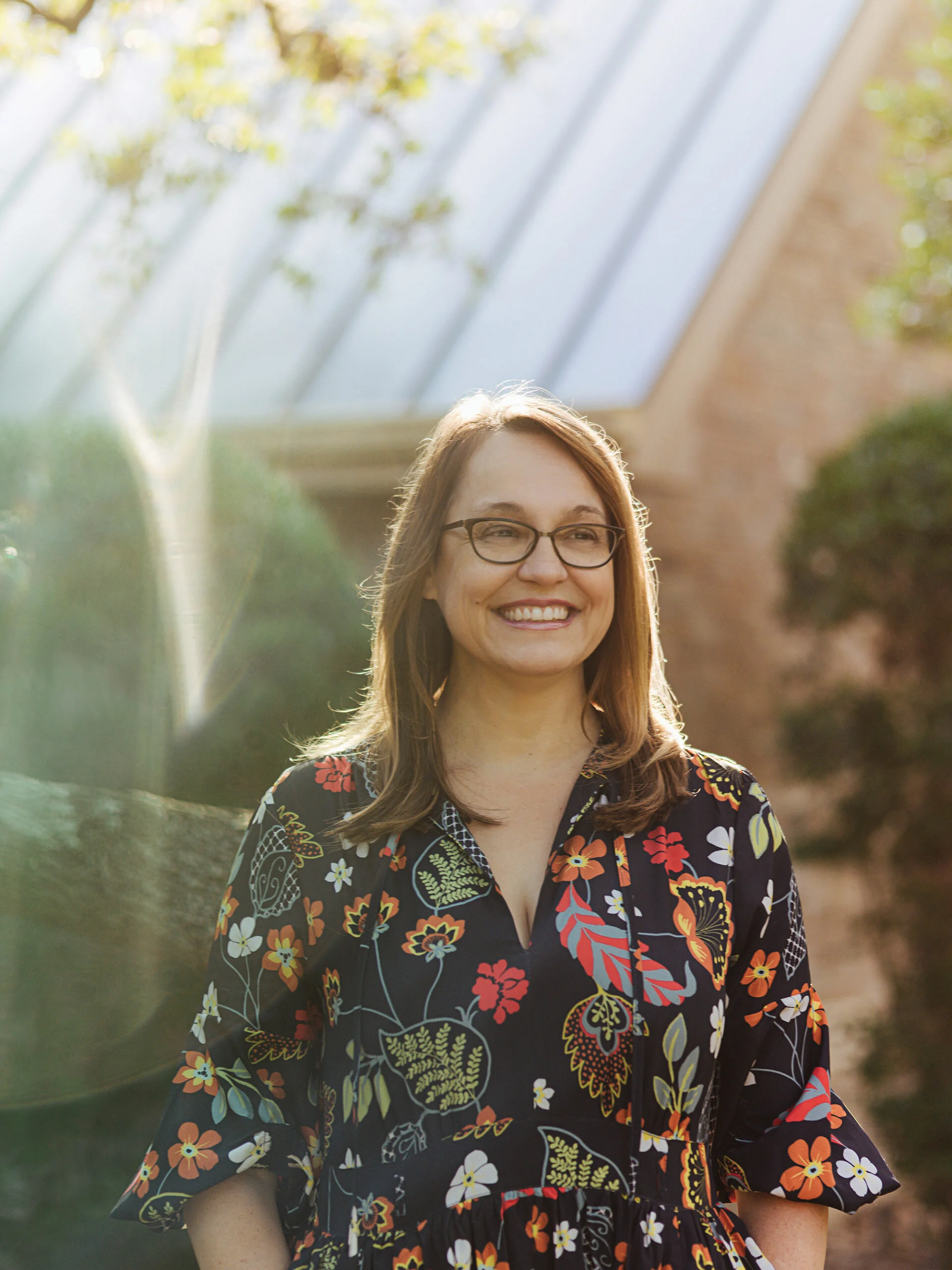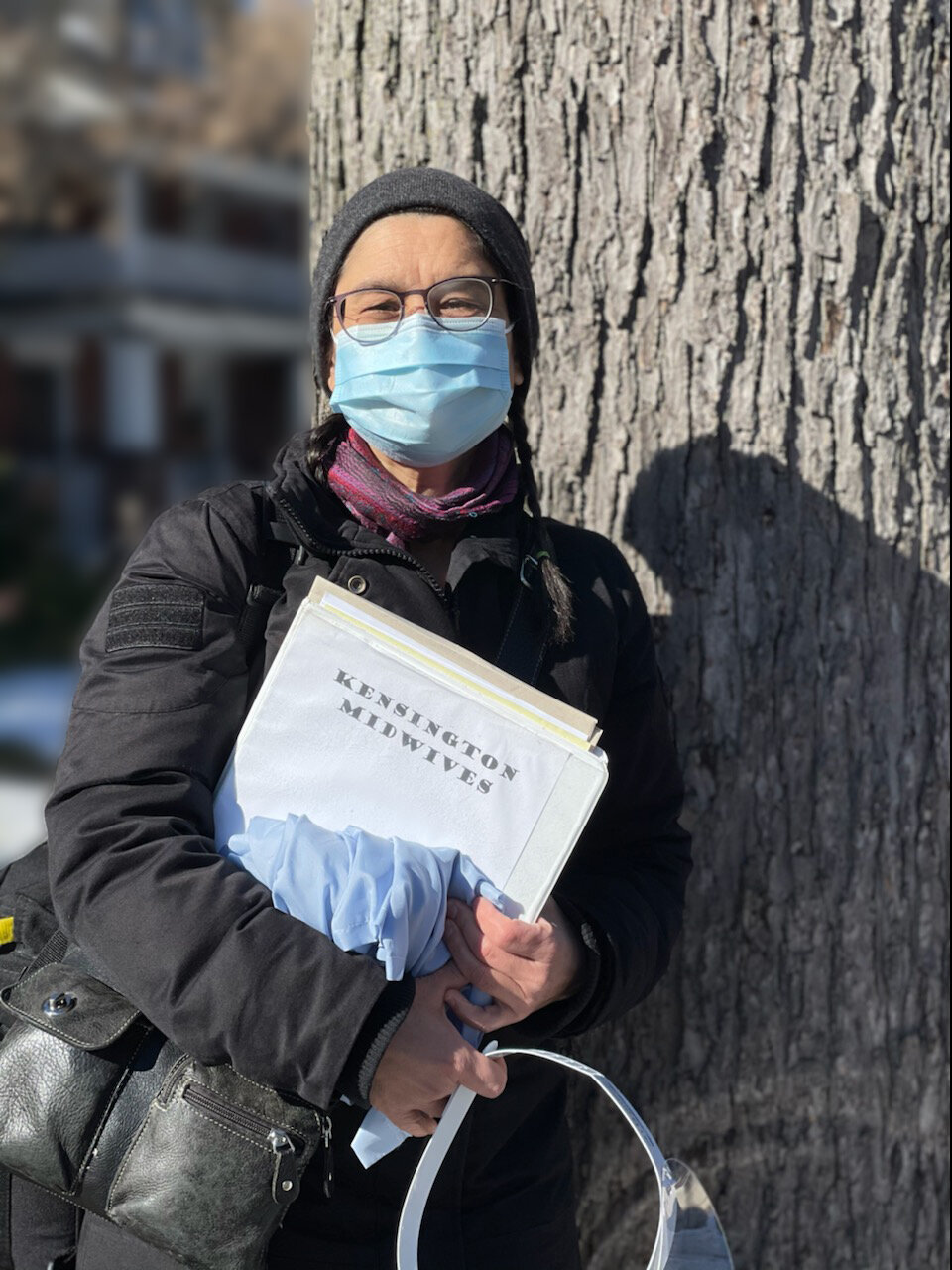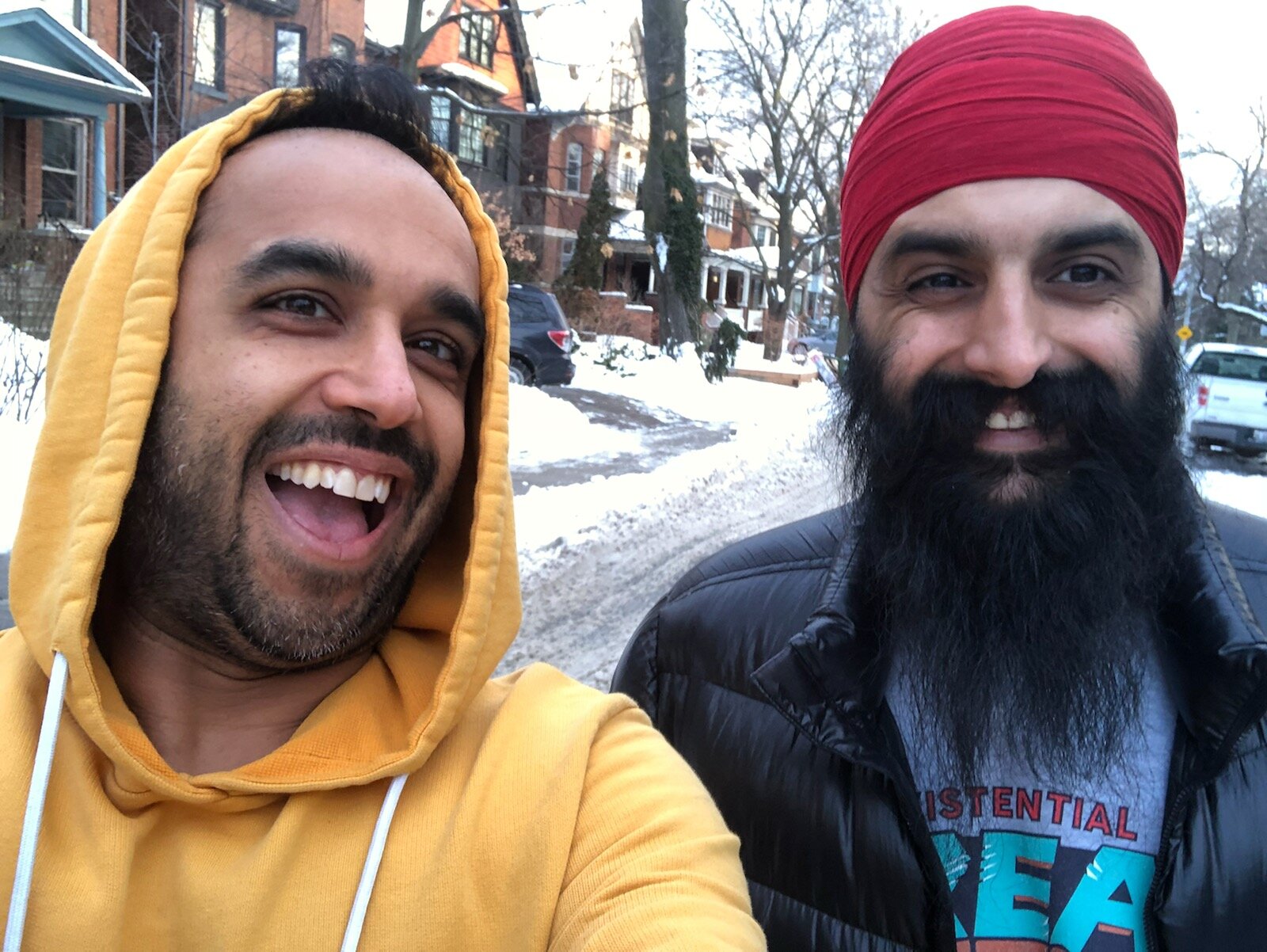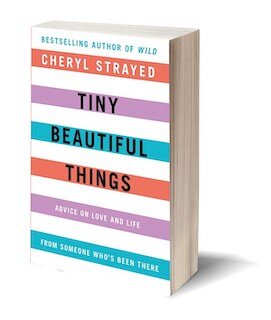Happy Pink Moon, everybody!
Way back in 2017, I came across a feature article in The New York Times Magazine called “A Whimsical Wordsmith Charts a Course Beyond Twitter.” The article was about MIT PhD student Jonny Sun’s online personality — as a sentimental alien — attracting a huge following online.
I was like “Okay, this is about the latest viral Instagram influencer and their particular brand of attention seeking behavior.” But as I read the piece, and went deeper into the bio of Jonny Sun, I found myself fascinated. Jonny Sun is a PhD student at MIT looking to understand, in more objective ways, how social media fosters community. His research focuses on how social media content influences the broader world. How meaning is made. How it spreads. How it changes news and culture. As one comedian put it, “He’s like Jane Goodall and we’re the apes.”
Later that year he put out a bestselling book called everyone’s a aliebn when ur a aliebn too and then followed it up by illustrating Lin Manuel Miranda’s book Gmorning Gnight!
I found myself falling deeper and deeper into the Jonny Sun rabbit hole. There’s a lot there! Jonny is an architect, designer, engineer, artist, playwright, and comedy writer who has written for BoJack Horseman. In fact, we recorded this chapter with him in L.A. currently writing another screen play.
Jonny’s work is across multiple disciplines which broadly addresses the narrative of human experience. His plays have been performed at the Yale School of Drama, Hart House Theatre in Toronto, the Toronto Theatre Lab First Sight Festival and the University of Toronto Drama Festival. His art has been exhibited at Yale University and the University of Toronto.
And, he is the author of a brand new and highly anticipated book called Goodbye, Again: Essays, Reflections & Illustrations. It is a truly wonderful book. Looks simple on the surface but then roller coasters up and down and sideways with obsessive mental insights like Jenny Lawson or David Foster Wallace.
Jonny’s work has appeared in The New Yorker, McSweeneys, NPR, The New York Times and he’s been on Late Night with Seth Myers. He’s also been named by Times as one of the 25 most influential people on the internet, Forbes has named him one of their 30 under 30 and his TED Talk has nearly four million views.
Are you ready to talk about the culture of productivity, about being on all the time, about therapy and anxiety, about the provocative nature of humor, about succulents and aloe plants, about Dadaism, about competition, about algorithms, and of course about the wonderful Jonny Sun’s 3 most formative books?
Let’s turn the page into Chapter 77 now…
What You'll Learn:
What is a toxic culture of productivity?
How do you juggle competing pursuits?
What are the additional pressures marginalized people face?
How do drama and humor interplay in comedy?
How do we stand out in today’s mass media dominated world?
What are the tensions between professional and personal ambition?
How do social media algorithms work?
What is instructional art?
What is behavioural simulation?
How do you convey deep thought and emotion in short form?
Notable quotes from jonny sun:
“We are constantly driven socially to not have time for deep reading” Jonny Sun #3bookspodcast
Connect with jonny:
Word of the chapter:
Wordcloud of the chapter:
Resources Mentioned:
Jonny’s first book [32:56]
Jonny’s second and third books [54:50]
Jonny’s forth book [1:07:27]
Range by David Epstein
Roger Federer vs Tiger Woods - case study by David Epstein
There’s Treasure Everywhere by Bill Watterson
Homicidal Psycho Jungle Cat by Bill Watterson
The Happiness Equation by Neil Pasricha
Cake Wrecks by Jen Yeates
“Because” by The Beatles
“Reality leaves a lot to the imagination” John Lennon
The Book Of Awesome by Neil Pasricha
Book of Delights by Ross Gay
If On a Winter’s Night A Traveler by Italo Calvino
Invisible Cities by Italo Calvino
Think Better by Joel Osteen
































